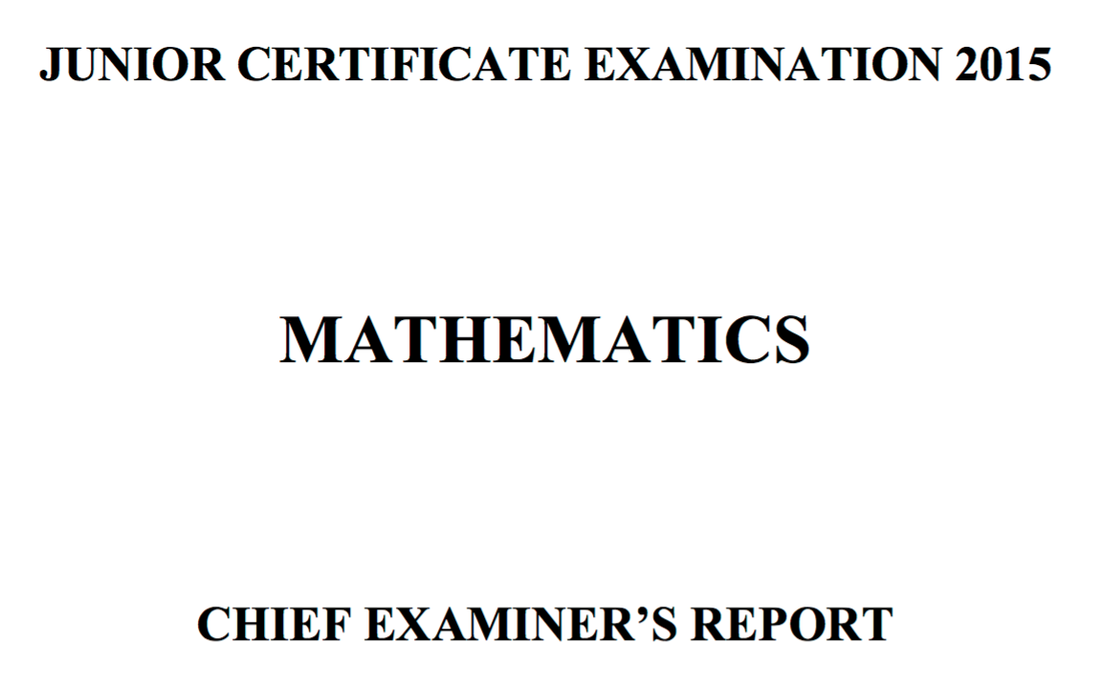In advance of the examination
Many of the points below are good habits that should be developed over the course of the students’ studies in mathematics. It is unlikely that candidates will be successful at checking over work effectively, or at performing algebraic manipulations accurately, on the day of the examination if these skills and habits have not been developed over a period of time before the examination.
0 Comments
Leave a Reply. |
AuthorsIMTA Committee 2016 Archives
January 2020
|

 RSS Feed
RSS Feed
